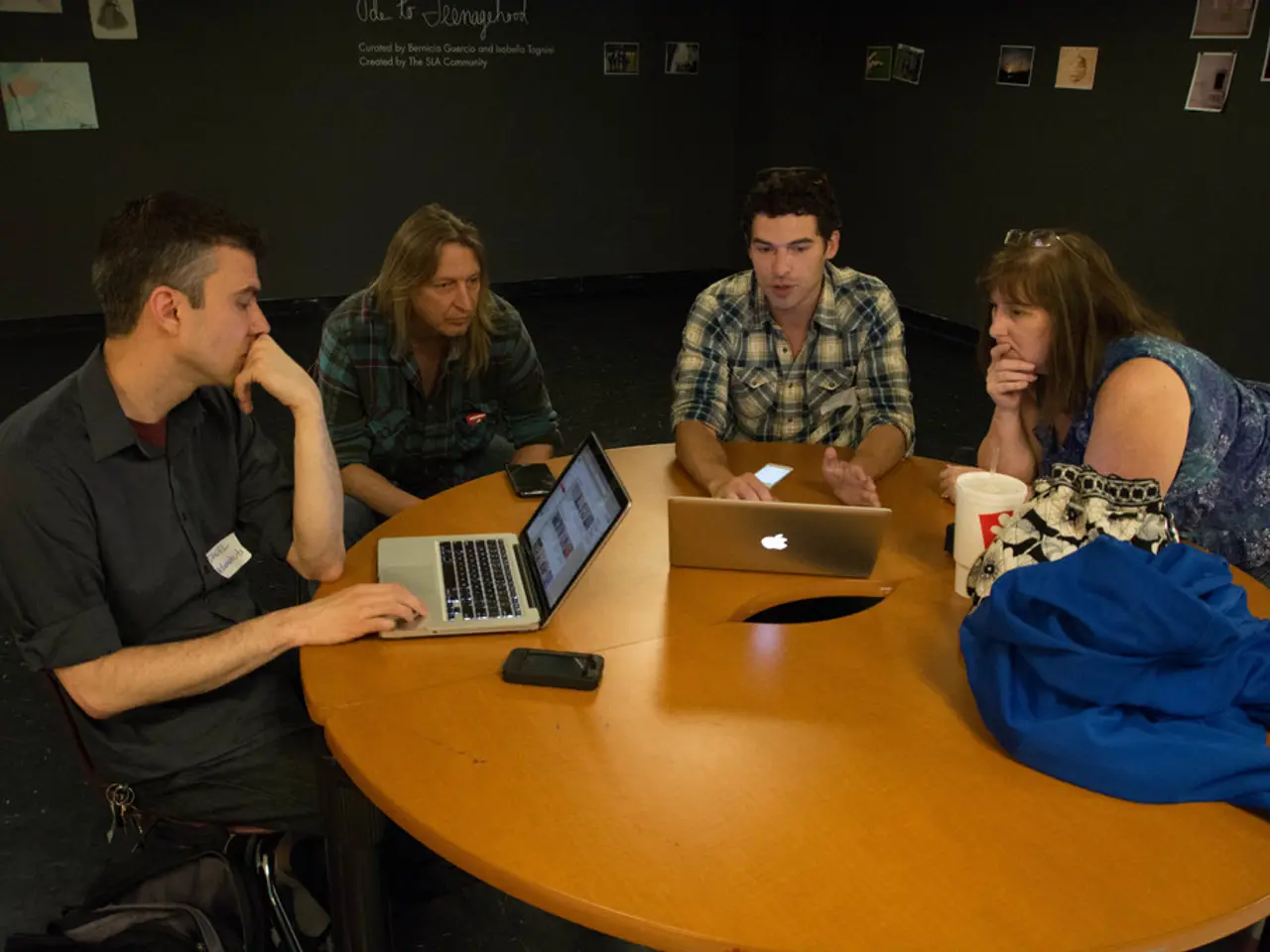Implementation of 246 new proposed changes announced: Shafiqul Alam
246 New Labor Reforms Ready for Immediate Implementation in Bangladesh
On August 14, 2022, the Council of Advisers, presided over by Chief Adviser Prof Muhammad Yunus, met at the Chief Adviser's Office in Tejgaon to discuss the implementation of recommendations from various reform commissions in Bangladesh.
During the meeting, the Press Secretary of the Chief Adviser, Shafiqul Alam, announced that 246 new recommendations from 10 reform commissions are ready for immediate implementation. These recommendations focus on a variety of areas, with 82 specifically targeting labour reforms.
The Labour Reform Commission, which submitted its report on April 21, 2025, was one of the commissions whose recommendations were endorsed by the Chief Adviser. The Commission’s report, which received unanimous consensus among stakeholders, includes a key recommendation to revise the labor law’s threshold for forming trade unions. Instead of requiring 20% of a company’s workforce to join, the new proposal suggests a fixed numerical threshold (e.g., 20 or 40 workers) to simplify union formation and preserve freedom of association.
Implementation efforts for many labor reform measures are in their final stages. The government is accelerating these efforts, although some stakeholders express concern about the speed of execution. The Ministry of Labour and Employment is also working on reforms such as aligning EPZ labor laws with revised national labor laws and enhancing labor inspection protocols, including unannounced factory inspections and filling vacant inspector positions.
Regarding domestic workers, there are ongoing calls to legally protect this group better. This includes enacting existing policies, like the 2015 Domestic Workers’ Protection and Welfare Policy, into law and ratifying ILO Convention No. 189, which Bangladesh has not yet ratified. Advocacy efforts are seeking written contracts, fair wages, and social protections to be legally mandated for domestic workers.
While significant progress has been made in identifying and initiating labor reforms, the implementation process is actively underway but not yet complete. The Council of Advisers emphasized the need for accelerating efforts to implement the recommendations without delay. As of last week, it was reported that 121 recommendations were already in the process of implementation, bringing the total immediately implementable recommendations to 367, of which 37 have already been implemented.
Politics and general news outlets are reporting on the progress of 246 new labor reforms ready for immediate implementation in Bangladesh, as endorsed by the Chief Adviser Prof Muhammad Yunus. The discussions and announcements regarding these reforms, including the proposed amendments to the labor law's threshold for forming trade unions and the enforcement of policies for protecting domestic workers, are being closely monitored in the realm of policy-and-legislation.







